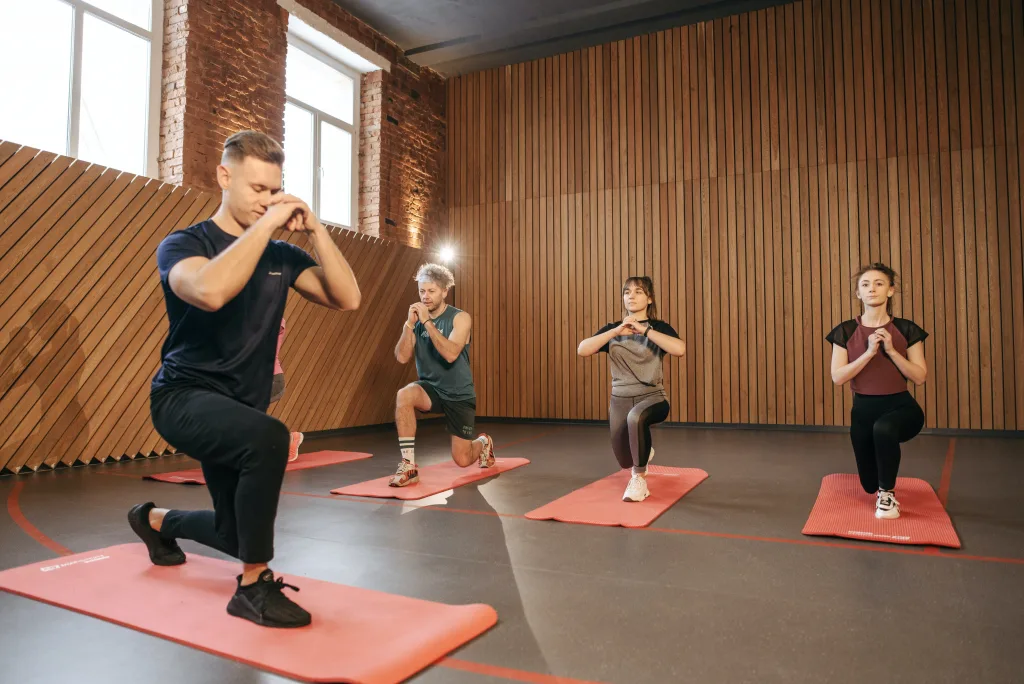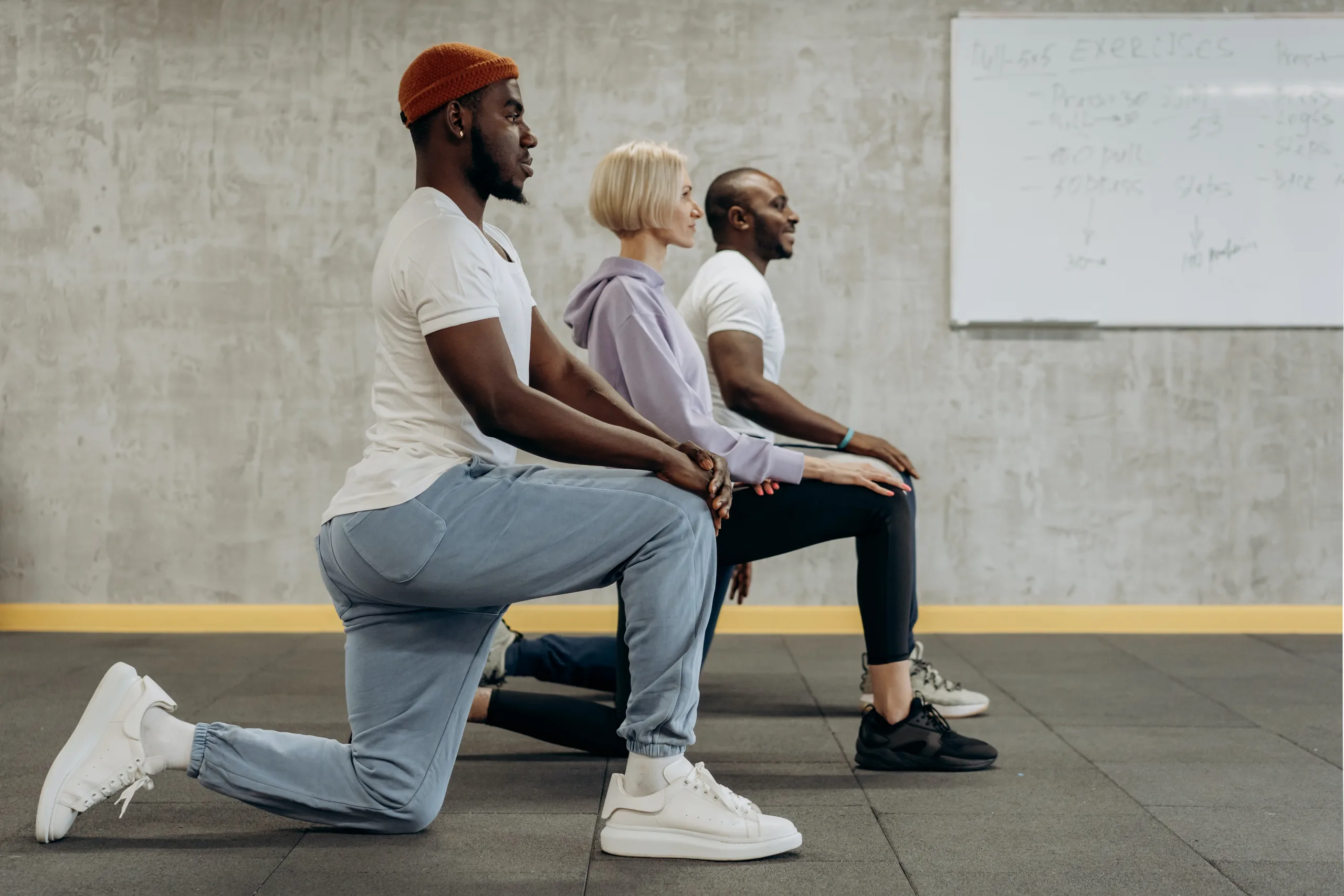Introduction
Anterior knee pain is a common issue that affects a large number of individuals. It can be caused by various factors such as muscle imbalances, poor biomechanics, or overuse. If you’re experiencing anterior knee pain, incorporating specific exercises into your routine can help alleviate discomfort and improve overall knee strength and stability. In this article, we will discuss ten effective anterior knee pain exercises that can assist in your road to recovery.
- Quadriceps Sets: Quadriceps sets are a simple yet highly effective exercise to strengthen the muscles in the front of your thigh. Start by sitting on the floor or a chair with your legs extended. Tighten your thigh muscles and push the back of your knee down into the floor. Hold for five to ten seconds, then release. Repeat for ten to fifteen repetitions.
- Straight Leg Raises: Straight leg raises target the quadriceps muscles and help improve knee stability. Lie down on your back with one leg straight and the other bent. Lift the straight leg a few inches off the ground, keeping it straight throughout the movement. Hold for a few seconds, then lower it back down. Perform ten to fifteen repetitions on each leg.
- Hamstring Curls: Hamstring curls help balance the strength between the front and back of your thigh. Stand tall, holding onto a chair or wall for support. Bend one knee, bringing your heel towards your glutes, and then slowly lower it back down. Perform ten to fifteen repetitions on each leg.
- Wall Squats: Wall squats are excellent for strengthening the quadriceps, hamstrings, and glutes. Stand with your back against a wall and feet hip-width apart. Slowly slide down the wall until your knees are bent at a 45-degree angle. Hold this position for as long as you can, gradually increasing the duration as your strength improves.
- Step-ups: Step-ups are a functional exercise that mimics everyday movements. Find a sturdy step or bench and step one foot onto the platform, pushing through your heel to lift your body up. Step back down with control and repeat on the other side. Aim for ten to fifteen repetitions on each leg.
- Clamshells: Clamshells target the hip abductor muscles, which play a crucial role in knee stability. Lie on your side with your knees bent and feet together. Keeping your feet together, lift your top knee as high as you can without rotating your hips. Lower it back down and repeat for ten to fifteen repetitions on each side.
- Glute Bridges: Glute bridges help strengthen the gluteal muscles and improve hip and knee stability. Lie on your back with your knees bent and feet flat on the ground. Lift your hips off the floor, squeezing your glutes at the top. Hold for a few seconds, then lower back down. Perform ten to fifteen repetitions.
- Calf Raises: Strong calf muscles can help alleviate anterior knee pain by providing better support to the knee joint. Stand with your feet hip-width apart, then rise up onto your toes as high as you can. Hold for a moment, then lower back down. Repeat for ten to fifteen repetitions.
- IT Band Stretch: Tight IT (iliotibial) bands can contribute to anterior knee pain. Stand next to a wall with your affected leg crossed behind the other. Lean your body towards the wall until you feel a stretch along the side of your leg. Hold for 30 seconds, then switch sides and repeat.
- Foam Rolling: Foam rolling the muscles around the knee, such as the quadriceps and hamstrings, can help reduce tension and alleviate anterior knee pain. Roll back and forth on a foam roller, targeting the sore areas for 1-2 minutes on each leg.

Conclusion
Incorporating these ten effective anterior knee pain exercises into your routine can help improve knee strength, stability, and alleviate discomfort. However, it’s essential to consult with a healthcare professional or physical therapist before starting any new exercise program, especially if you’re experiencing severe pain. Remember to listen to your body and start with low intensity, gradually increasing as your pain subsides and your strength improves.
Thank you for reading this post, don't forget to subscribe to our free newsletter
!
